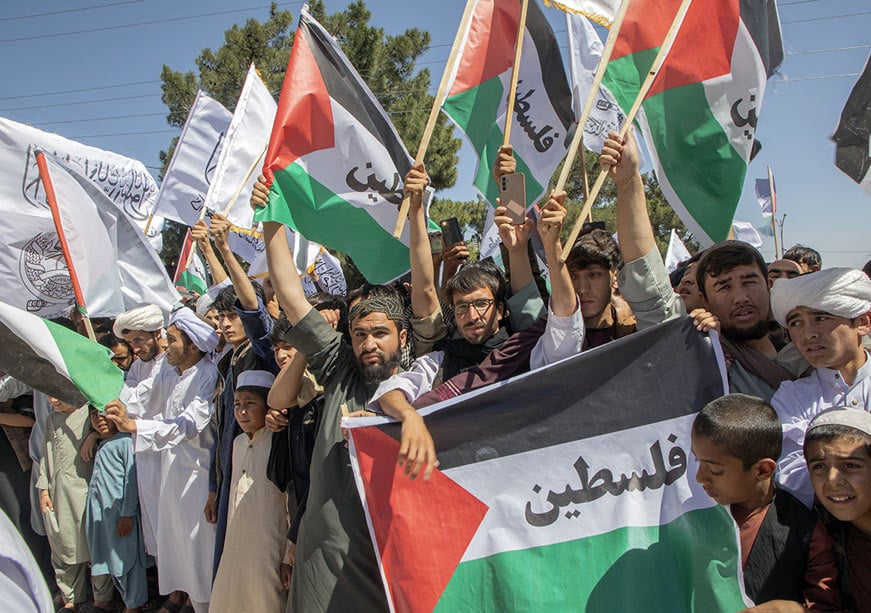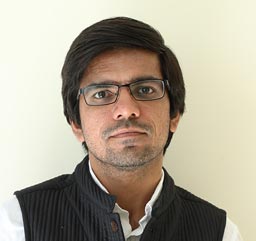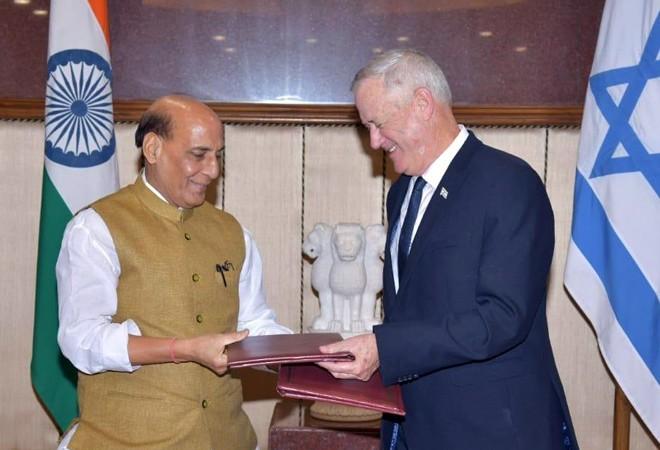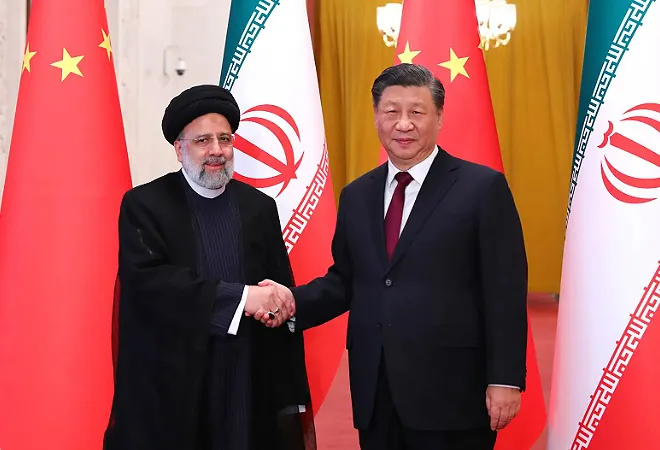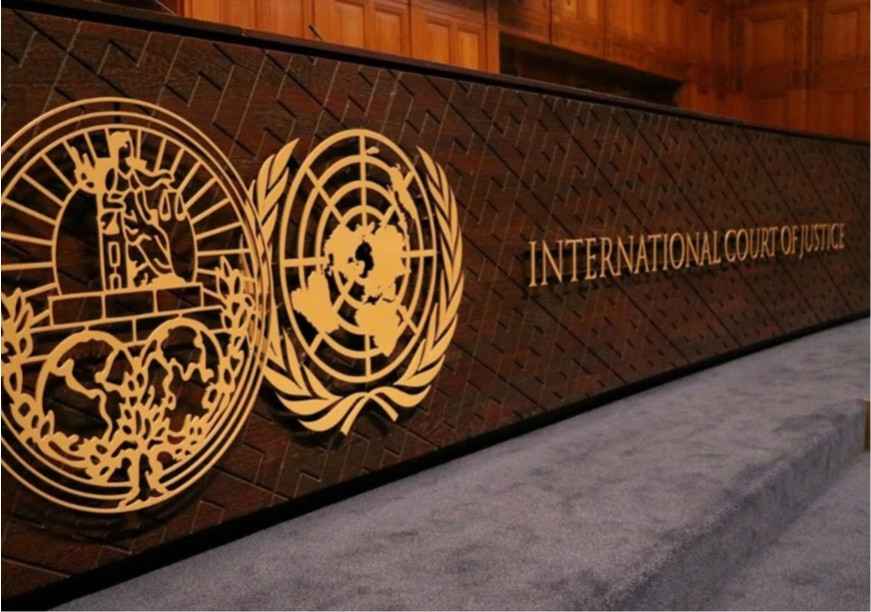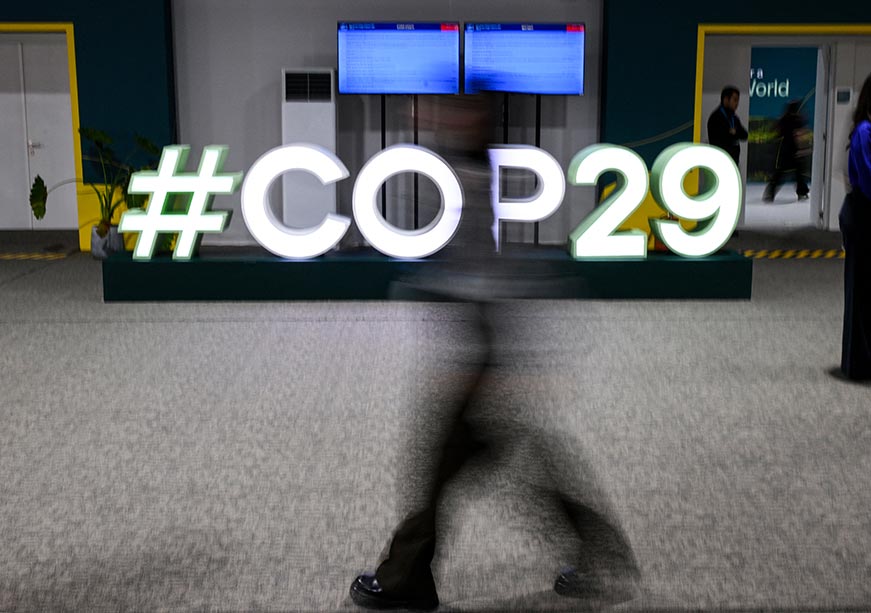Experiences from Afghanistan to Gaza show that expecting ‘moderates’ to anchor post-conflict politics overlooks the deeper power struggles and ideological rifts that shape these theatres
The much-talked-about Gaza peace summit held in Sharm El-Sheikh, a resort town in Egypt on the coast of the troubled Red Sea, was a postcard backdrop for US President Donald Trump to orchestrate a declaration with regional and world leaders towards a ceasefire and enduring peace amidst the Israel–Hamas war. The summit was co-convened with Egypt’s President Abdel Fattah El-Sisi, Qatar’s Emir Tamim bin Hamad Al Thani and Türkiye’s President Recep Tayyip Erdoğan. Israel, Hamas, and the Palestinian Authority were missing from this exercise. Beyond the optics of leadership summits, however, implementation is increasingly being outsourced to ideological moderates on the ground.
Policies and diplomacy designed to create off-ramps from enduring conflicts in the recent past have arguably prioritised predominantly short-term gains over institutionalised resolutions. For Trump, the headline — that his mediation stopped a conflict — is important, whether ceasefires and political thaws endure or not. The stakeholders in these American overtures have also recognised that delivering short-term victories suits their short-term requirements to mitigate and control legacy geopolitical crisis points, such as Gaza.
The implementation of summit and leadership-level agreements requires ideological stents to clear up and manage ground realities. For any success to be achieved in this field, efforts have previously been made to distinguish Islamist jihadists and their extremist ideologies from Islam as a religion. Scholar Alex P. Schmid has noted that in the post-9/11 era, some considered all non-violent extremists as ‘moderates’. The broader ‘war on terror’ era — anchored in the protracted wars in Iraq and Afghanistan — blurred ideological distinctions and conflated them with military objectives within narrow strategic constructs. Despite both wars stretching over two decades, the urgency to end them, followed by the inability to do so — while being embroiled in nation-building efforts — stretched capacities in all directions instead of focusing them on a few.
The theorising behind moderates being well placed to rapidly fill political gaps does not provide the depth required for long-term political stability, which depends more on fostering normalised ties between warring parties.
Radical Islam arguably gained momentum after 9/11. Groups such as Hamas and Hezbollah used it for territorial and political gains, with the rank-and-file often motivated by ideology while the leaderships were driven by power. The roots of such extremism are often traced back to the advent of the Muslim Brotherhood in Egypt, founded by schoolteacher and preacher Hassan al-Banna in 1928. In the 1970s, Islamist extremism was galvanised around the Palestine issue, with aircraft hijackings becoming a model for holy wars aimed at achieving political outcomes. In the 1990s, it was used by Pakistan to radicalise and deploy fighters in Kashmir against India as part of state policy. Post-9/11, it received another ideological boost, magnifying the US, the West, and Israel as enemies for their actions in Iraq and Afghanistan.
However, pining for moderates to become prevailing political powers in some of these theatres is a double-edged sword. In Afghanistan, the country’s only two presidents since 2001, Hamid Karzai and Ashraf Ghani, were pro-Western technocrats from elite circles. In February 2020, under the first Trump presidency, the US and the Taliban signed an ‘exit deal’ for the former to finally bring an end to a 20-year ordeal. For the Taliban and its ideology, this was a victory — a defeat of a superpower. In August 2021, Kabul fell, Ghani fled, and the Taliban regained complete control.
A tired West, with little appetite for further conflict, wanted a ‘moderate’ Taliban it could deal with. Noticing this, figures such as Sirajuddin Haqqani of the notorious Haqqani Network, Mullah Yaqoob, son of Taliban founder Mullah Omar, Mullah Baradar, and Amir Khan Muttaqi — all of whom assumed key ministries in Kabul — positioned themselves as ‘moderates’. Their tacit support for policies such as allowing school education for girls challenged the group’s ideological emir based in Kandahar, Hibatullah Akhundzada, creating internal divisions within the Taliban that are playing out even today. All of this created an identity crisis, if you will, between ideological purity and power-driven pragmatism.
A moderate Hamas leadership, meanwhile, if propped up, may not have much longevity and would likely be viewed as a stooge of Western backing. Any moderate architecture would also remain contrary to Israel’s stated aim, that of dismantling Hamas entirely.
These same divisions are expected to play out in Gaza following the summit in Sharm El-Sheikh, as the political direction of the crisis remains uncharted. Scholar Muhammad Shaheda has argued that Israel’s sustained, maximalist military campaign against Hamas since 2023 could push the group’s leadership — already reeling from the decapitation of legacy figures such as Yahya Sinwar and Ismail Haniyeh — into a corner where it might be lulled into a process of “reintegration and moderation.” Shaheda further adds that “maximalist demands,” such as the full disarmament of Hamas, will alienate moderates and reaffirm the hardliners. This view has some merit, as reports have previously suggested that certain Hamas leaders were leaning towards disarming large weapons. Others, meanwhile, believe that full disarmament will not be on the cards, as resistance through military means is enshrined in the group’s ideology.
The theorising behind moderates being well placed to rapidly fill political gaps does not provide the depth required for long-term political stability, which depends more on fostering normalised ties between warring parties. In Afghanistan, the Taliban’s main contestation came from within. In an effort to gain acceptance from the international community, the group even attempted to challenge the centrality of the emir and extend power to Shia Hazara representatives, which only lasted a short while. Over the past year, Kandahar has recaptured most facets of power across the state.
A moderate Hamas leadership, meanwhile, if propped up, may not have much longevity and would likely be viewed as a stooge of Western backing. Any moderate architecture would also remain contrary to Israel’s stated aim, that of dismantling Hamas entirely. However, by definition, there is still no clarity on what the “destruction” of Hamas entails, nor on the kind of political construct envisioned for a post-Hamas Gaza. The main play, as of today, centres on an International Stabilization Force (ISF) under a United Nations mandate. Hamas, for its part, will push for a role in any Palestinian political overhaul — much like Hezbollah in Lebanon, which holds parliamentary representation. However, this would be unacceptable to not just the US and Israel, but to most Arab powers in the region as well.
The simple fact that extremist groups use violence to swiftly achieve their aims puts moderates on the back foot, as they rely more on nuance, education, and dialogue, and are often not even based on the ground in these theatres (though there are exceptions). Placing the burden of political and ideological rehabilitation on ‘moderates’ alone is not enough to shift the needle on the ground.
Finally, moderate powers in current theatres that can serve as case studies, such as Afghanistan and Gaza, have not been able to argue their way into representation, let alone power. The simple fact that extremist groups use violence to swiftly achieve their aims puts moderates on the back foot, as they rely more on nuance, education, and dialogue, and are often not even based on the ground in these theatres (though there are exceptions). Placing the burden of political and ideological rehabilitation on ‘moderates’ alone is not enough to shift the needle on the ground.
Moderates, by themselves, can influence the construct of institutions, governance, and, by extension, power. But they have limitations. With hostile actors taking control of states from Afghanistan to Syria, and now even Mali in West Africa on the brink, moderate politics, particularly within Islam, may offer ideological alternatives and steer societal change for the better in the long term. In the short term, however, traditional political negotiation, mediation, and compromise are needed to deliver the stability required for moderate forces to find space to attempt delicate, long-term cultural and religious shifts.
This commentary originally appeared in ORF.
